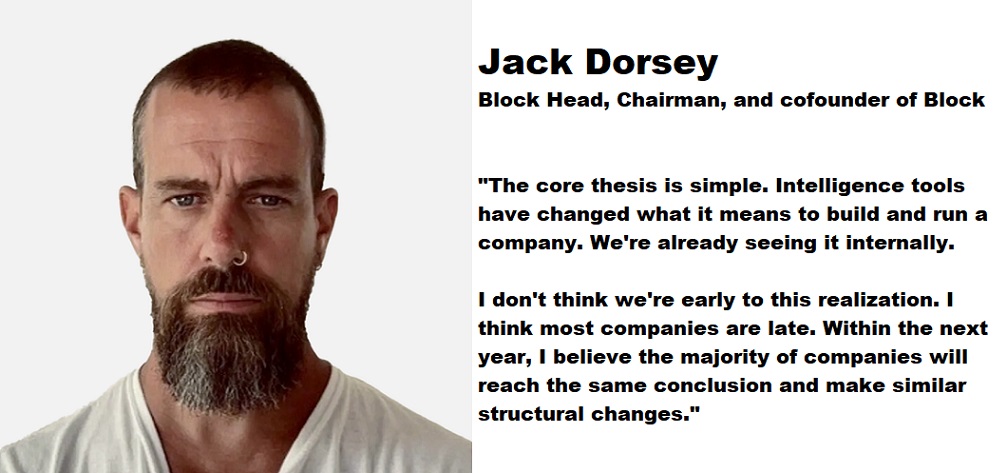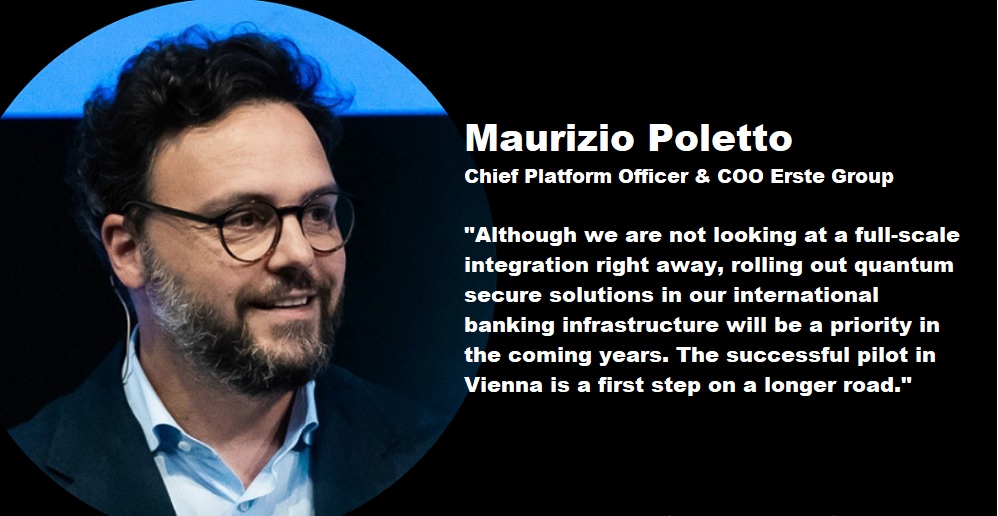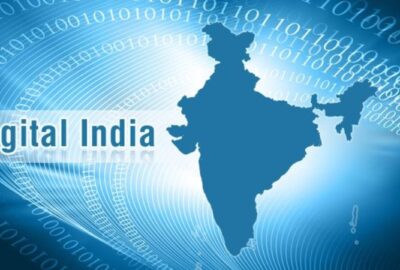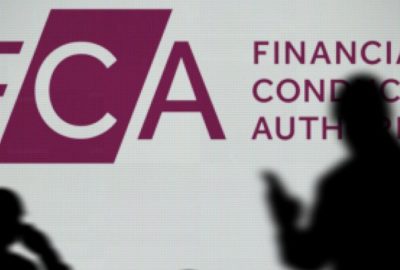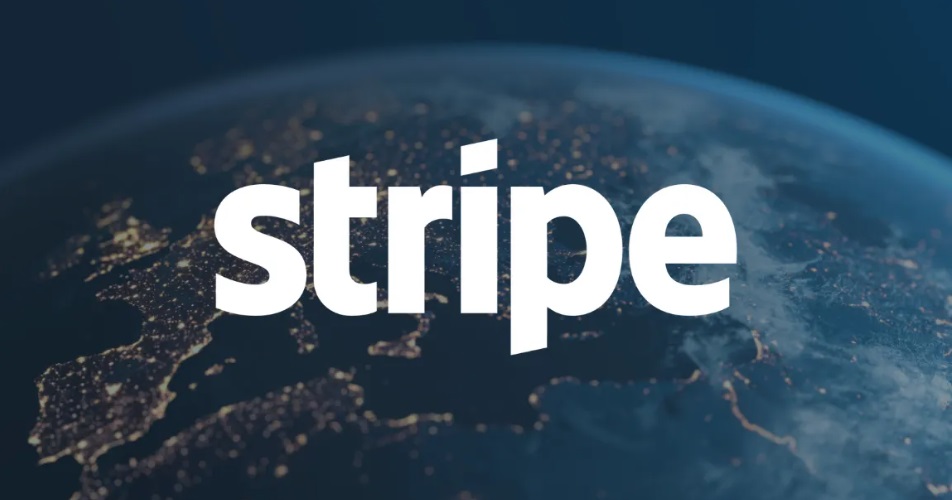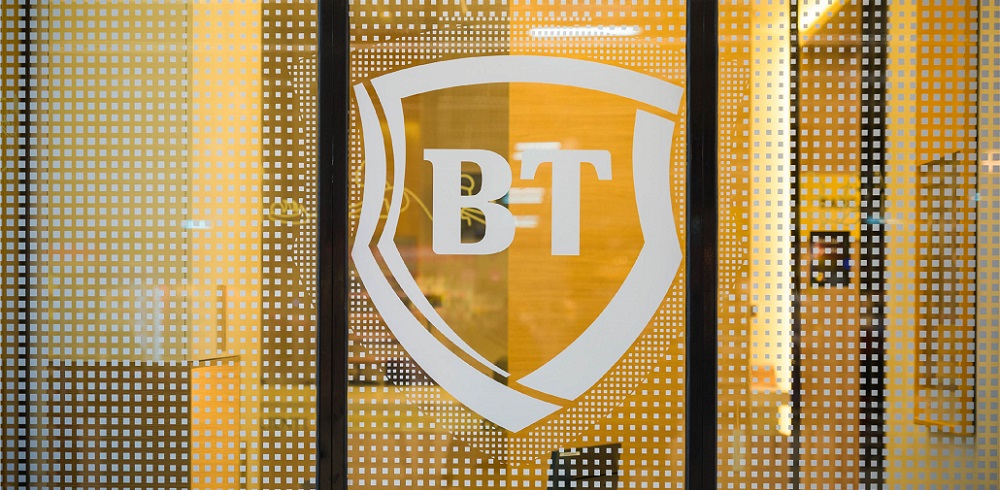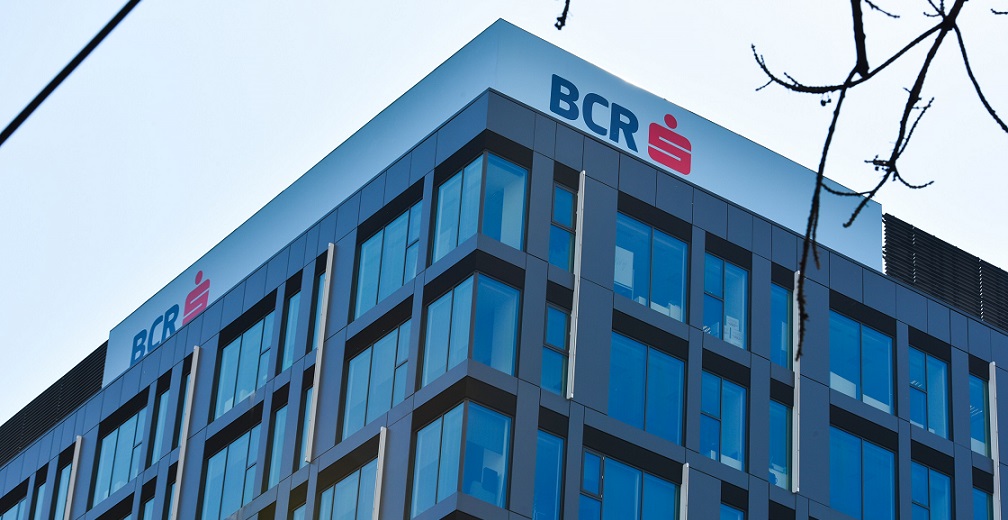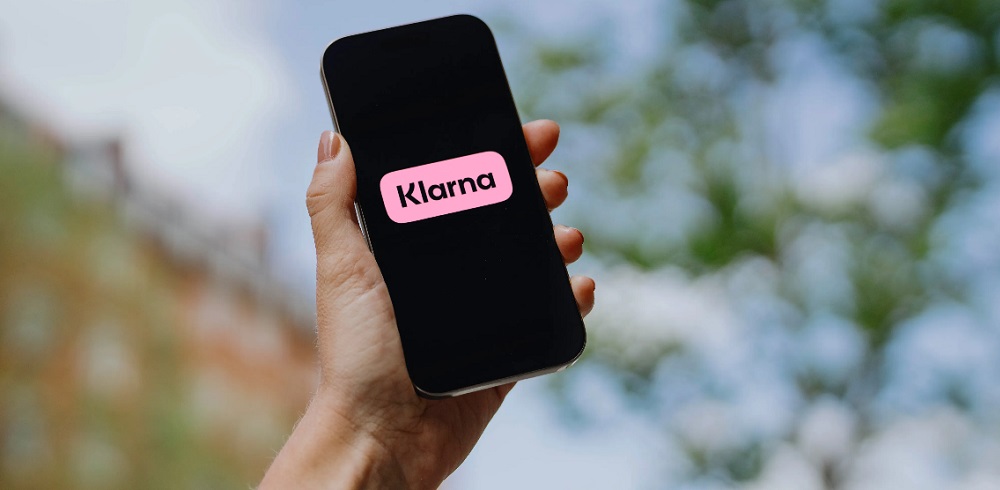Last year, US consumers opened new online accounts on mobile phones more than on computer, for the first time
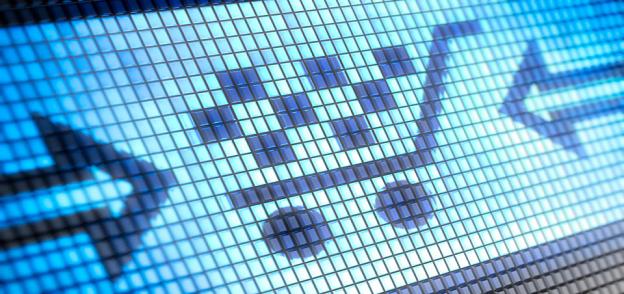
The digital and mobile identity era has arrived for businesses and consumers. According to new research from IDology, a GBG company, the last 12 months have brought significant shifts in the way consumers engage with businesses and think about their identities. This shift caused approximately 83 million consumers to abandon online enrollment due to additional effort or friction.
IDology’s Second Annual Consumer Digital Identity Study found that for the first time, consumers opened more new accounts on mobile phones than on computers. The study also found a 19% increase in abandonment during account openings compared to last year due to high consumer expectations for convenience and low tolerance for friction. The study also found that consumers desire higher levels of security without additional burdens.
“To meet consumer demand, businesses must deliver secure, friction-free experiences built around mobile enrollment,” said John Dancu, CEO of IDology. “This is a challenging balancing act, but the study found businesses that do this successfully and build trust can experience a dramatic increase in enrollment and loyalty. Businesses need to implement smart, multi-layered identity verification technology to improve verification processes and ensure that the customer experience is positive.”
Americans opened more new accounts on mobile devices than computers (chart) hazards on the mobile road: enrollment abandonment (chart)
Among the key findings of the Second Annual Consumer Digital Identity Study:
. Sixty million Americans consider their mobile phone number and email a greater part of their identity than where they work or their family information. According to the study, 51% of consumers identified their mobile phone number as a key part of their identity, a 21% increase over last year.
. Americans opened new accounts on mobile devices more than on computers. For the first time, Americans opened more new accounts online with their mobile devices (61%) than on a computer (56%) in the past twelve months.
. Friction is still one of the biggest barriers between businesses and consumers. The one-click simplicity of the mobile age has conditioned consumers for instant gratification. The study found that in the past year, 83 million Americans abandoned account signup because of friction.
. Increasing trust and addressing consumer concerns help drive new business. The importance of trust has top-line implications for businesses, particularly financial services companies. This year, more than two-thirds of U.S. consumers surveyed (71%) reported that knowing a financial institution was using more advanced identity verification methods would positively affect their decision to do business with that institution.
Click here to see the Idology Consumer Digital Identity infographic
Methodology
The Second Annual IDology Consumer Digital Identity Study reflects survey responses from 1,499 U.S. consumers between January 29, 2019, and February 11, 2019. The respondent panel was provided by research firm Qualtrics. Online Survey respondents were representative of the online U.S. population 18 and older, which equals more than 225 million people.
Dariusz Mazurkiewicz – CEO at BLIK Polish Payment Standard
Banking 4.0 – „how was the experience for you”
„To be honest I think that Sinaia, your conference, is much better then Davos.”
Many more interesting quotes in the video below:


